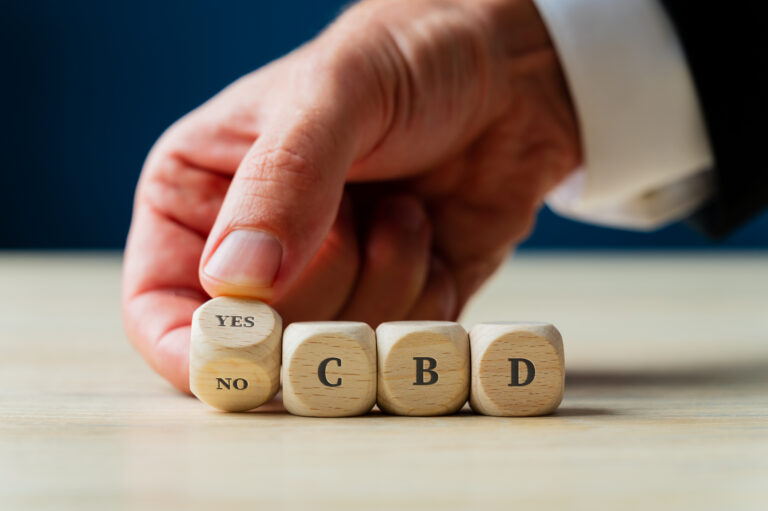Despite the results of November’s state elections which resulted in two more states having legalized adult-use cannabis. The passage of amendments in Maryland and Missouri brought the number of legal adult-use states to 21 (plus the District of Columbia), with a total of 37 states legalizing medical use to at least some extent. However, the latest publication from FDA on CBD is not showing any indication that federal legalization of CBD-containing products is getting closer to a reality.
Although the acceptance of cannabis and CBD continues to grow across the states and parts of the federal government (e.g., President Biden’s pardoning of prior federal offenses of “simple possession”), FDA continues to hold out on allowing the sale of products containing cannabidiol (CBD). In fact, in November, the agency issued Warning Letters to five companies for such sales and posted an FDA conversation on “What the FDA is Doing to Protect Consumers from Cannabidiol (CBD) in Foods.”
The Agency’s reasoning is safety concerns with the use of CBD, for which FDA states that it “has not found adequate information showing how much CBD can be consumed, and for how long, before causing harm.” For an ingredient to be lawfully added to food, it must be shown to be safe with reasonable certainty that its intended use won’t cause harm. And that harm is defined to include cumulative and potential exposure to all consumers (e.g., one who consumes it every day throughout their lifetime or throughout pregnancy) across multiple product categories (e.g., food, dietary supplements, cosmetics).
FDA also is concerned with the ability of consumers to control the amount of CBD being consumed when it is infused in food. Because “consumers eat food for other reasons than to take CBD,” they could take more CBD than they intended or could unknowingly consume a CBD-infused “ordinary-looking food.” This concern is particularly evident for products that are attractive to children such as gummies and other candy-like products.
For several years, FDA has stated that it recognizes the significant public interest in CBD products, that it is evaluating information on the safety of CBD products and exploring potential pathways for their lawful marketing. However, it seems that that somewhat positive approach has slid backward a bit, with the recent conversation indicating, again, FDA’s knowledge of the “great public interest.” But instead of following that with evaluation and exploration of lawful pathways, FDA states that it is continuing to explore “policy solutions to address the large, violative market of CBD products, [and] we will continue to monitor the marketplace and take action, as needed, against companies that pose the greatest risk of harm to the public.”
What do we take from all this? We see it as further indication that unless federal legislation directly addresses this issue, FDA, by policy, will likely continue to consider CBD and THC as not food ingredients and “take action, as needed” against those who illegally sell food and beverage products containing CBD.
TAG is not the only business seeing this trend. Molson-Coors, which entered the market with a CBD beverage in January 2021, is exiting the CBD beverage business in the U.S., stating “While several U.S. states have legalized cannabis products in recent years, including a handful in the recent election cycle, there remains no near-term pathway to federal legalization, leaving uncertainty in the market.” The company stated that it would be prepared to re-enter the space should the landscape change, but at this time, “the ability to scale in the category remains difficult.”
With no federal legislation, states will continue to have varying regulations on both CBD and THC products that can be difficult to navigate. TAG has experts in both the U.S. and Canada that can help you navigate the complexity and avoid regulatory pitfalls. Give us a call for assistance.





